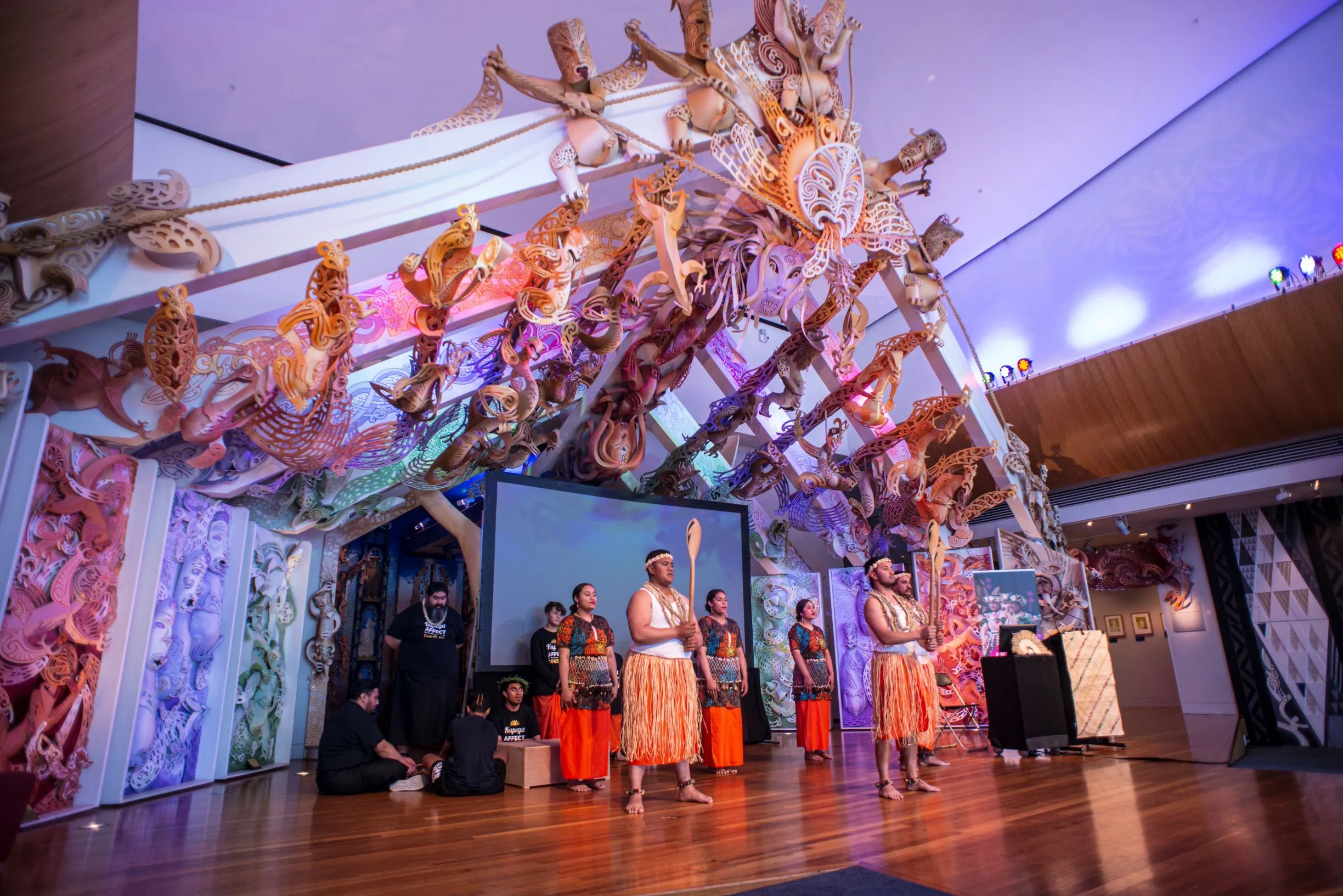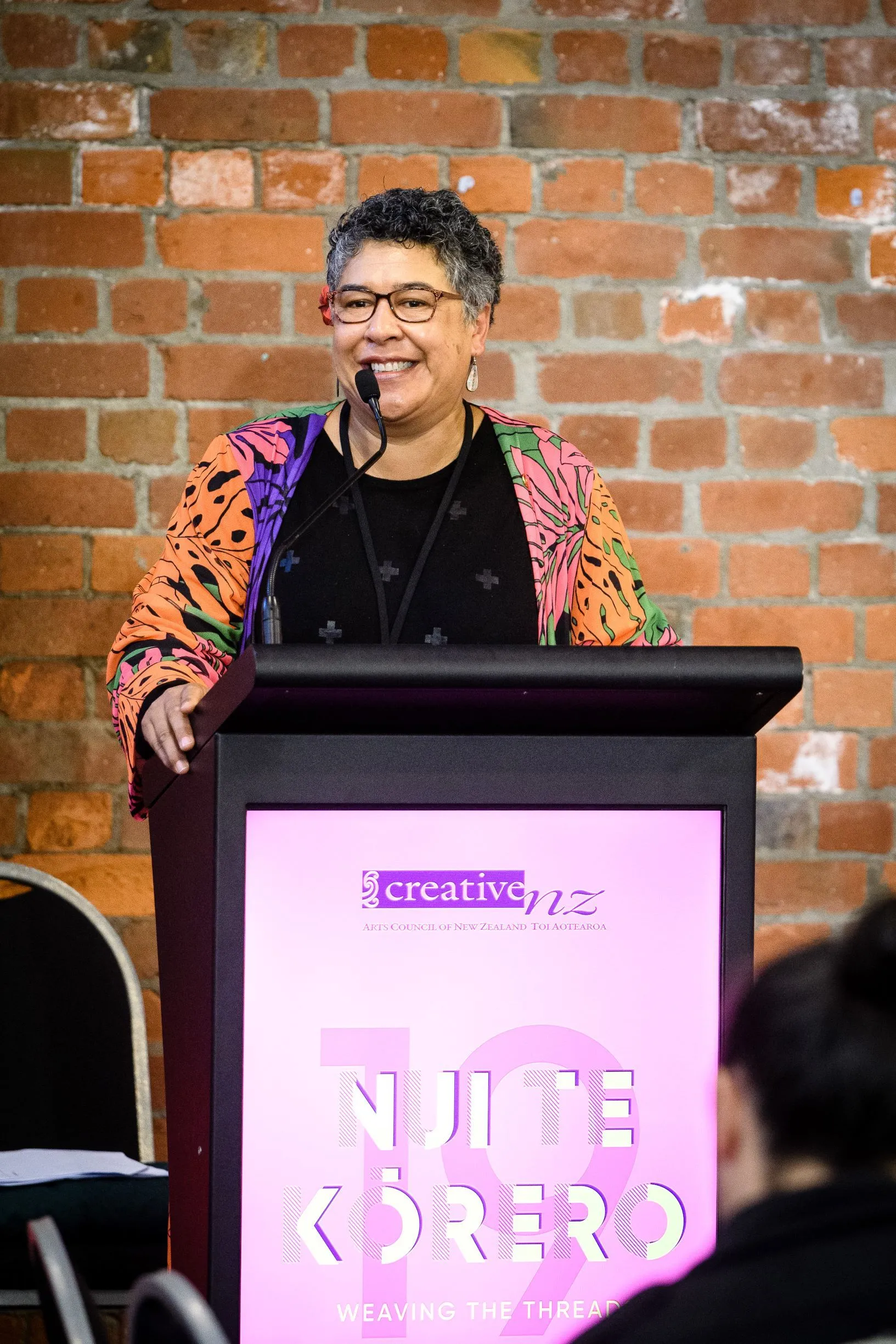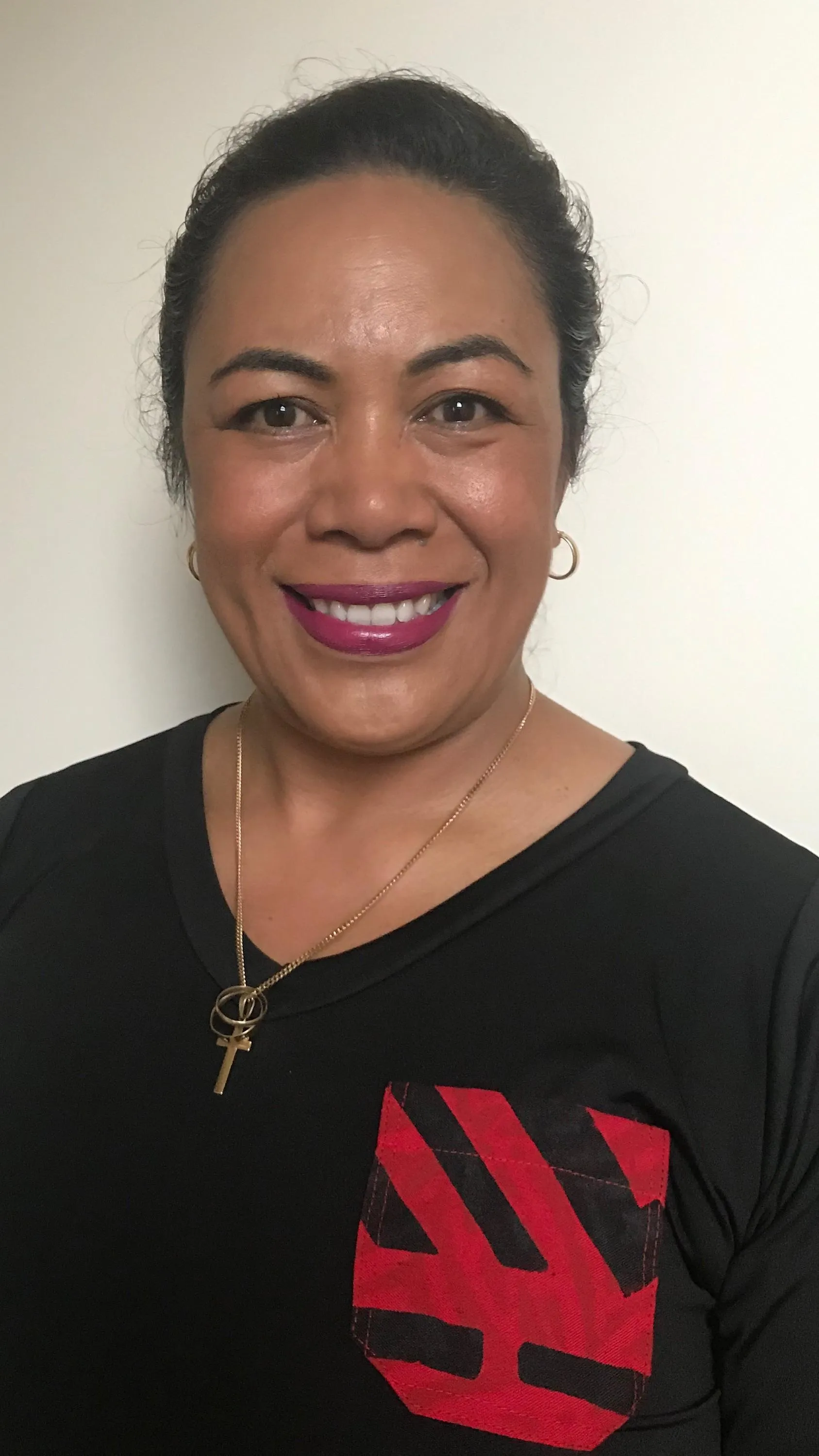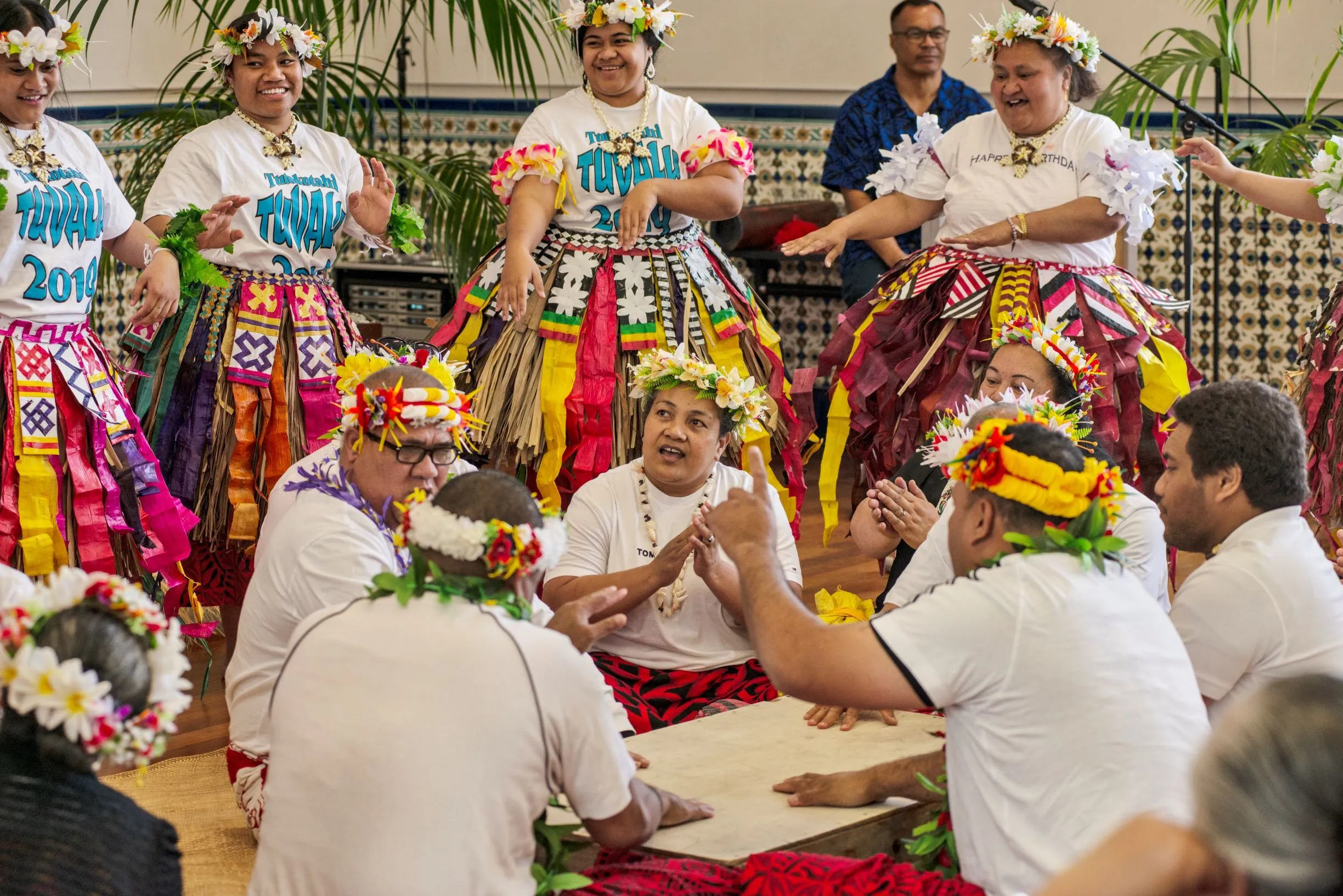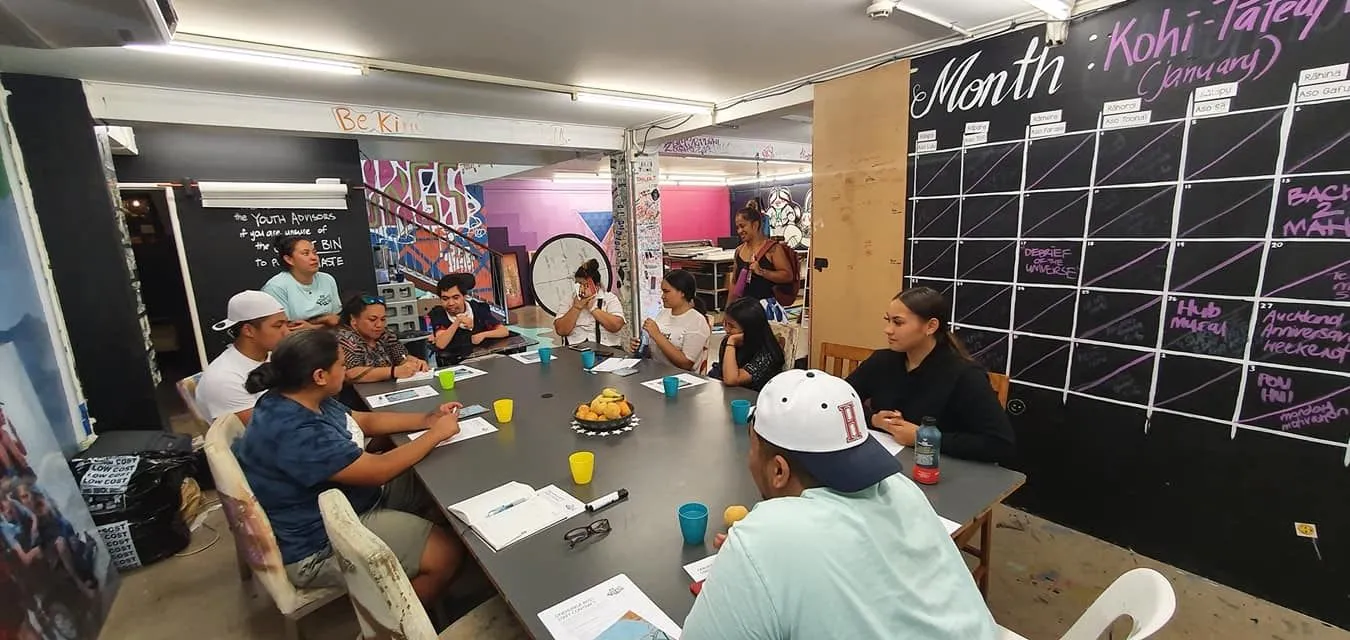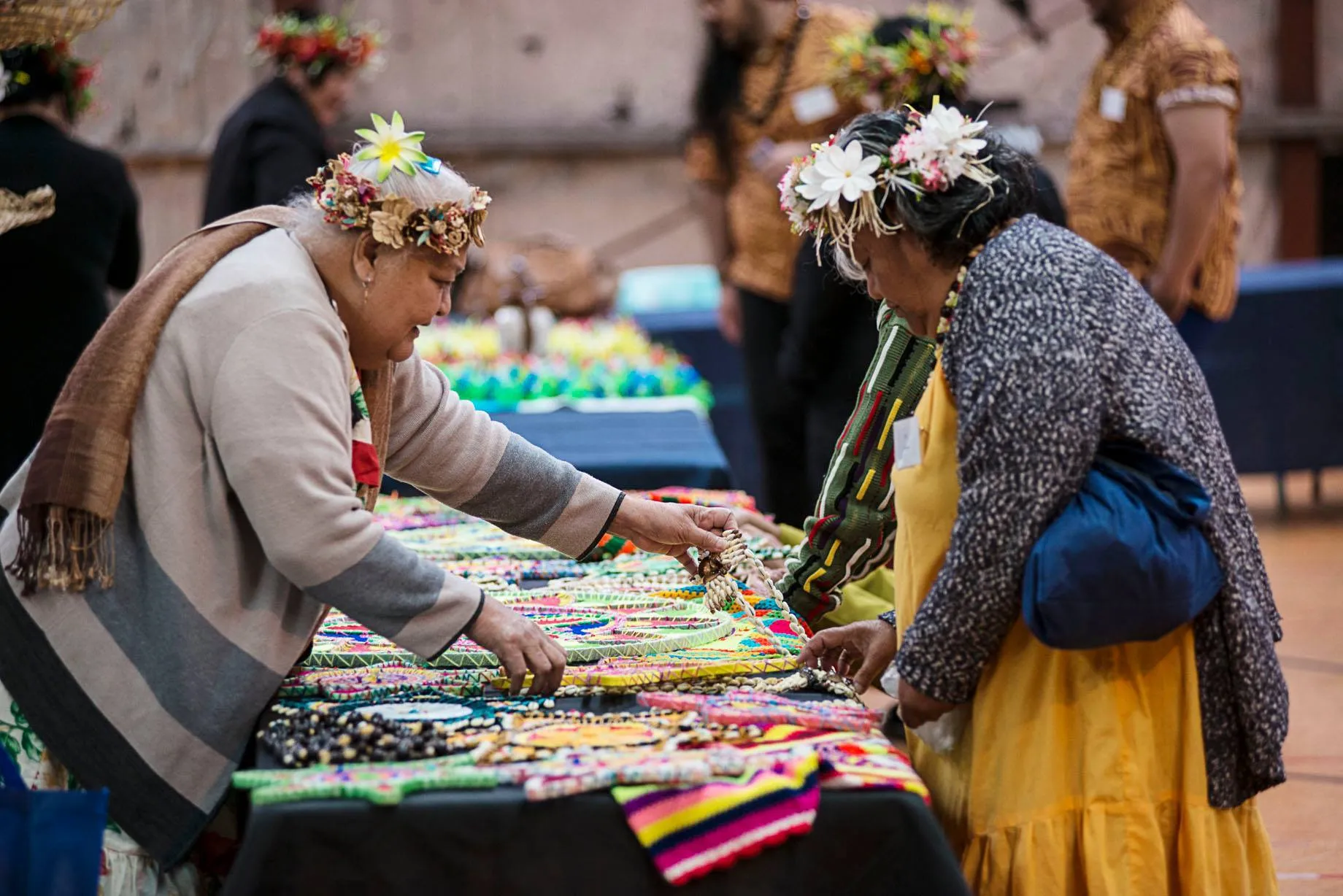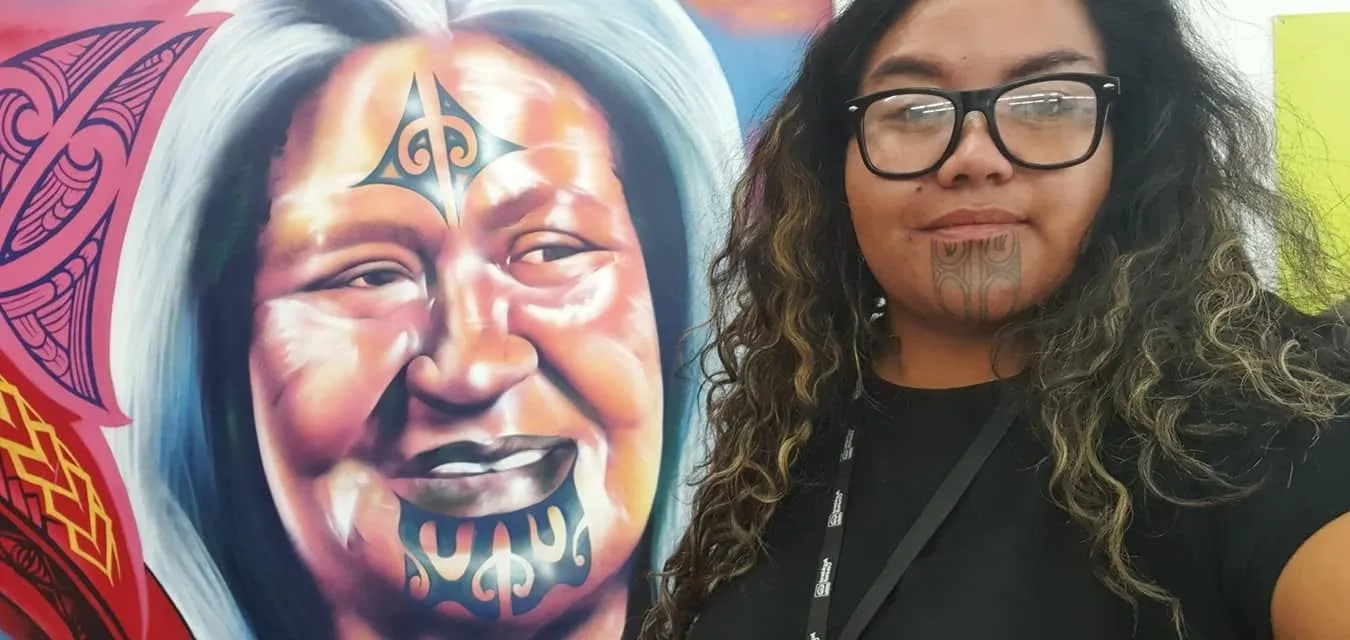Making Your Culture Count
Written by
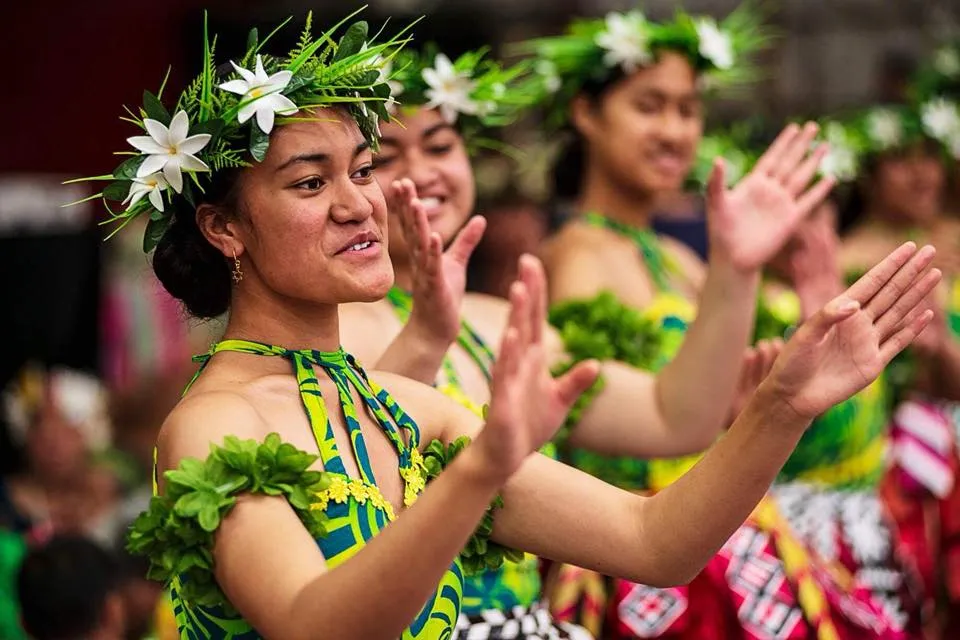
Some creatives thrive on isolation, being alone with their thoughts.
Not Amiria Puia-Taylor.
A passionate and energetic force in her community, Puia-Taylor is like so many in the Pasifika community - most fulfilled when she’s part of the collective good. Among her many roles, her mahi inspiring youth through the medium of creativity as one of three co-founders of The 312 Hub in Onehunga, Auckland was brought to a grinding halt while Aotearoa got to grips with the global pandemic.
“We lost every contract set out to feed us and help us do the mahi we love doing. From Pasifika, Polyfest to leading Placemaking Art Activations, to a bunch of arts education kaupapa we had lined up to keep our rangatahi focused throughout the year,” The talented mural artist and self-taught youth worker of Māori (Ngāti Te Ata Waiohua and Ngāti Tiipa), Cook Islands, Samoa and Tahiti descent explains.
“Everything we do is centred on human interaction and how we connect arts to the people, so of course when the one superpower we are good at doing - that sustains us - just stops, we are forced to get creative and think of other means to live.”
Culture Matters
The cultures of Pasifika are a crucial and vibrant element of Aotearoa’s much-heralded ‘melting pot’ - and their impact on the arts cannot be understated. The individual and collective identities are responsible for adding so much richness to communities and the country as a whole. As such, the viability of Pacific arts practitioners is imperative, not just for those directly involved.
It’s also an under-served community. How do Pacific arts practitioners navigate their way from here, as we enter this dawn of change?

Performance at Pacific Heritage Arts Fono. Photo: Raymond Sagapolutele.
A proud Cook Islander with a remarkable track record for making a positive impact, Caren Rangi is one of those determined to help solve that problem. As Deputy Chair of the Arts Council, Rangi’s directive to the Pasifika community is clear.
“If there was ever time to call on the village, it’s now. This is the time we should be looking around at each other and saying what are things we can do together that can help all of us.”
Specific to Pacific
Along with offering emergency funding to the creative sector, part of looking after that wider village led to discussions with Creative New Zealand’s highest-ranking Pacific staff member Makerita Urale, who’s had “her thinking cap on about how we can best support Pacific artists at this time, but also over the long haul.”
One specific area where they saw a need was business support. Rangi states “I think many of our artists don’t see themselves as businesses necessarily, they see themselves as artists trying to make a buck. It’s quite a different mindset thinking about yourself as a business.”
So they connected with Beatrice Faumuina, the Strategic Relationship Manager at Pacific Business Trust (PBT) - an organisation providing economic development services for Pacific businesses and business people within New Zealand.
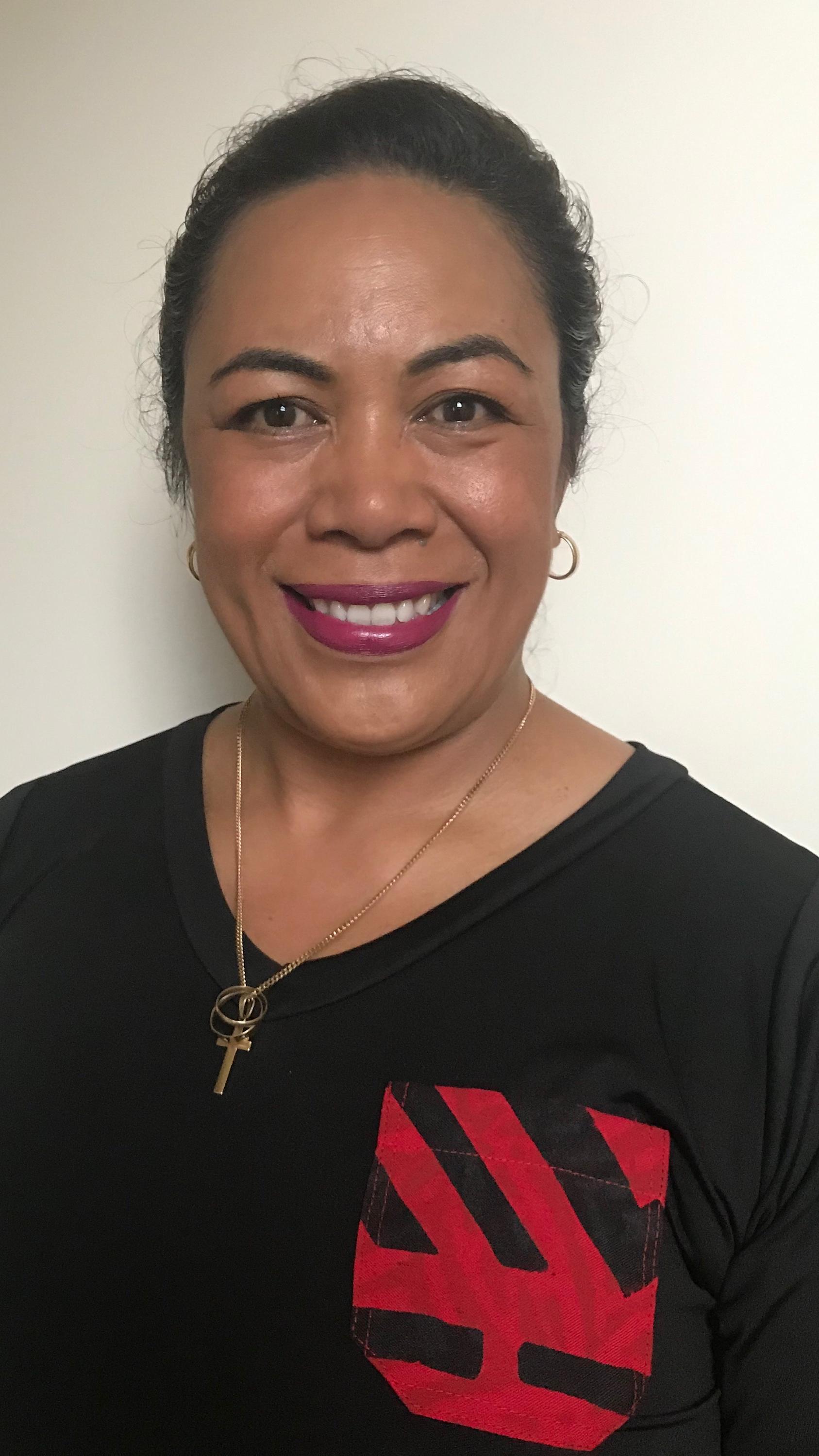
Pacific Business Trust Strategic Relationship Manager Beatrice Faumuina. Photo: Supplied.
Faumuina, an adored figure for her achievements as a world champion and Olympic discus thrower as well as her work with the Pasifika community, says the organisation is thrilled to be partnering with CNZ.
“Our desire to support the arts and creative sector is a direct response to the feedback we received during our own talanoa sessions from last year. There was also a need to support the capability and capacity development for all in the Pasifika Creative industry.”
The Right Kind of Help
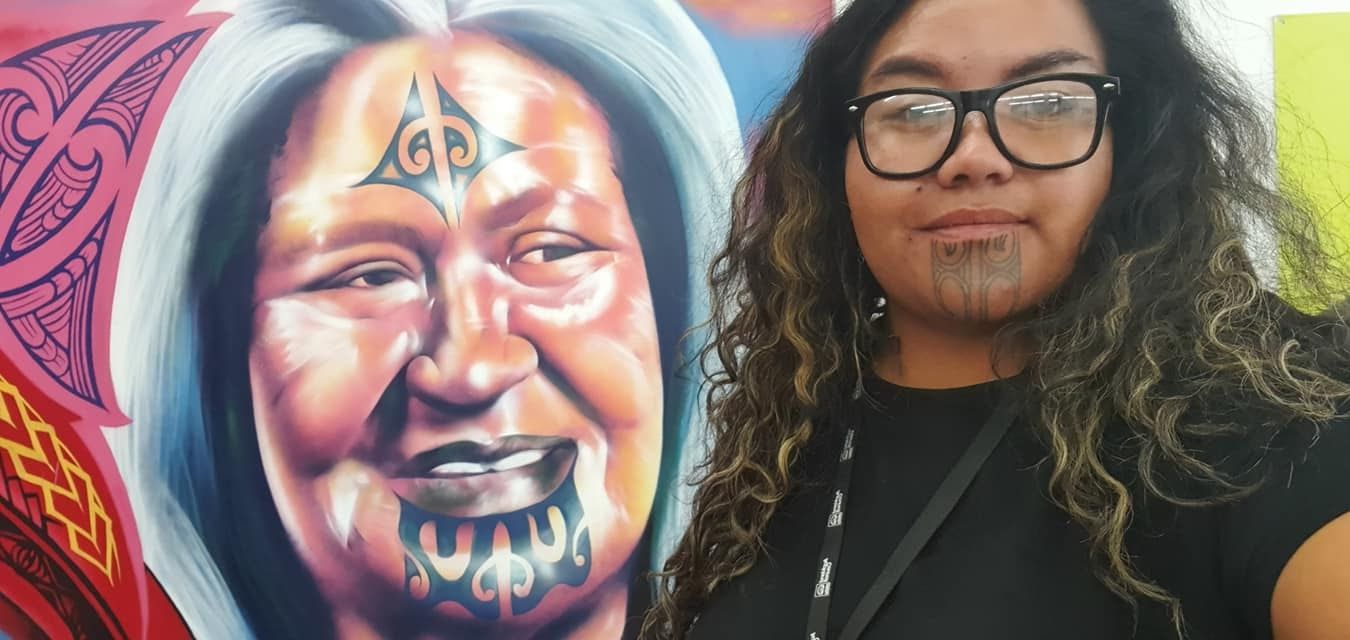
The 312 Hub Managing Director Amiria Puia-Taylor. Photo: Supplied
That’s music to the ears of Puia-Taylor. The enforced vā (space between two spaces) allowed her “to connect deeper as a people weaver, as a manager of people to really dig deeper into what matters most. It confronted a lot of changes we need to act on and now we know what we need to do.”
“The time it takes to write proposals, apply for funding, respond to emails and handle admin consumes the time I should be spending building, training and nurturing our rangatahi who are fit and ready to take ownership of our Hub.
“As a professional, I really feel that seeking business mentoring would come in really handy to focus on how The 312 Hub can sustain itself, so that I can get back to focusing on the mahi on the ground with the people.“

The rangatahi of The 312 Hub. Photo: Supplied.
As we adjust to life outside of lockdown, Faumuina says it’s all about being proactive. “PBT’s real focus is to make sure the Pasifika community has the right knowledge and access to the services available to them. We're really keen for all Pasifika artists to know they are entitled to access and that there's a dedicated Pasifika team at MSD (Ministry of Social Development) for those applying for a wage subsidy.”
Faumuina enthuses, “we just want to do our part. We’re offering free workshops, services and support. We're unlike other economic development agencies, we absorb the cost therefore the service is free. We genuinely are here to help grow talent and business for long-term suitable growth.”
Put Your Hand Up
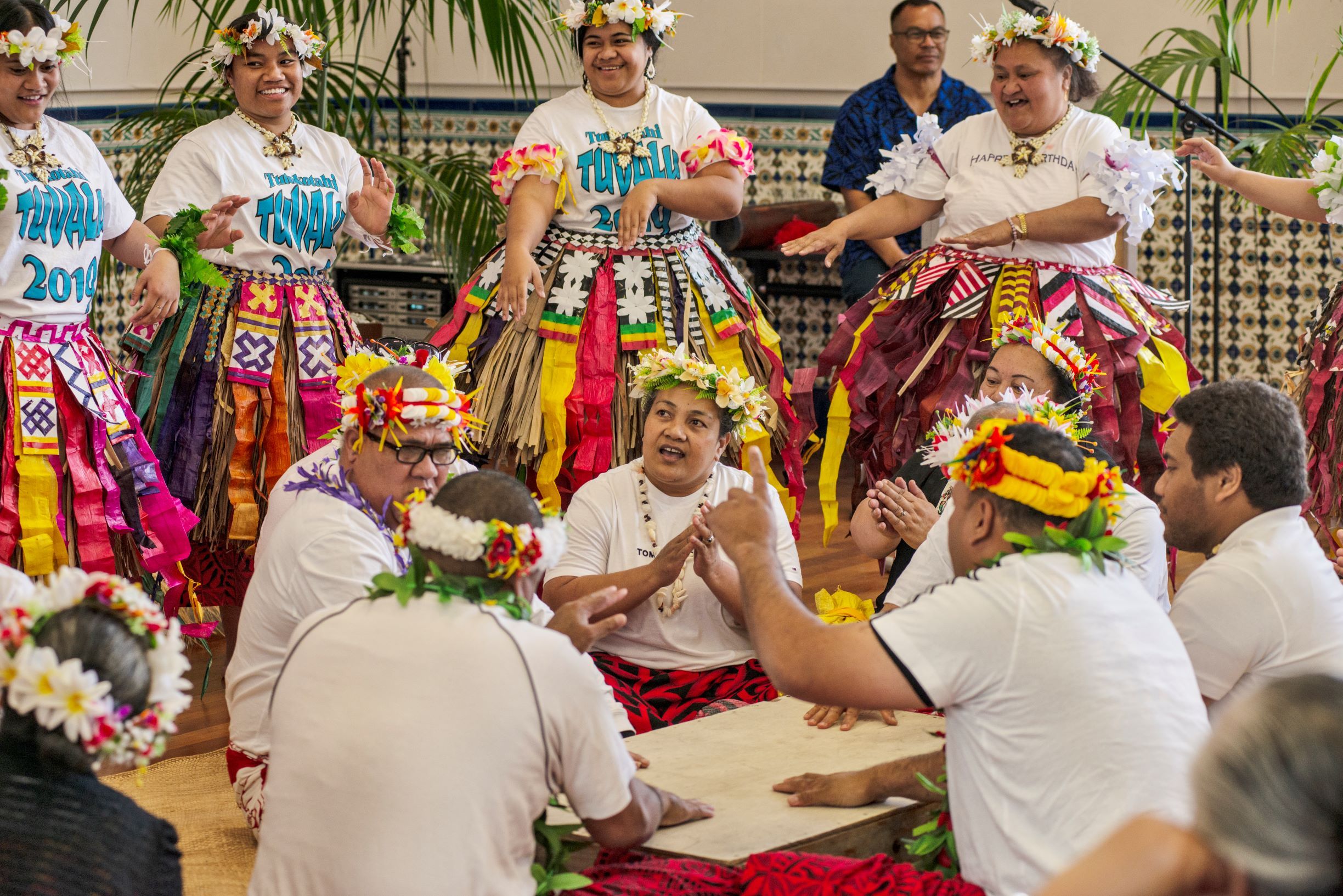
Performance at Pacific Heritage Arts Fono. Photo: Raymond Sagapolutele.
Every sector, every community has its own distinct hurdles to overcome in a business context. One thing that has proven to be a barrier for some Pasifika organisations has been a reluctance to reach out for support.
Rangi explains “it does differ between our different Pacific communities but generally, people like to nut things out themselves rather than call on what they see as extra help. There’s possibly a little bit of pride involved because part of asking for help is having to be really clear about what has been working well for you so far - and what hasn’t.”
Rangi fairly points out “I don’t think that’s characteristic just of our community. People in business, particularly sole practitioners are used to doing everything themselves - it is hard to reach out.”
Faumuina agrees, declaring ”this is not the time to be shy, this is the time to be proactive about securing your future and learning how to adapt to future opportunities and challenges.”
Part of the Community
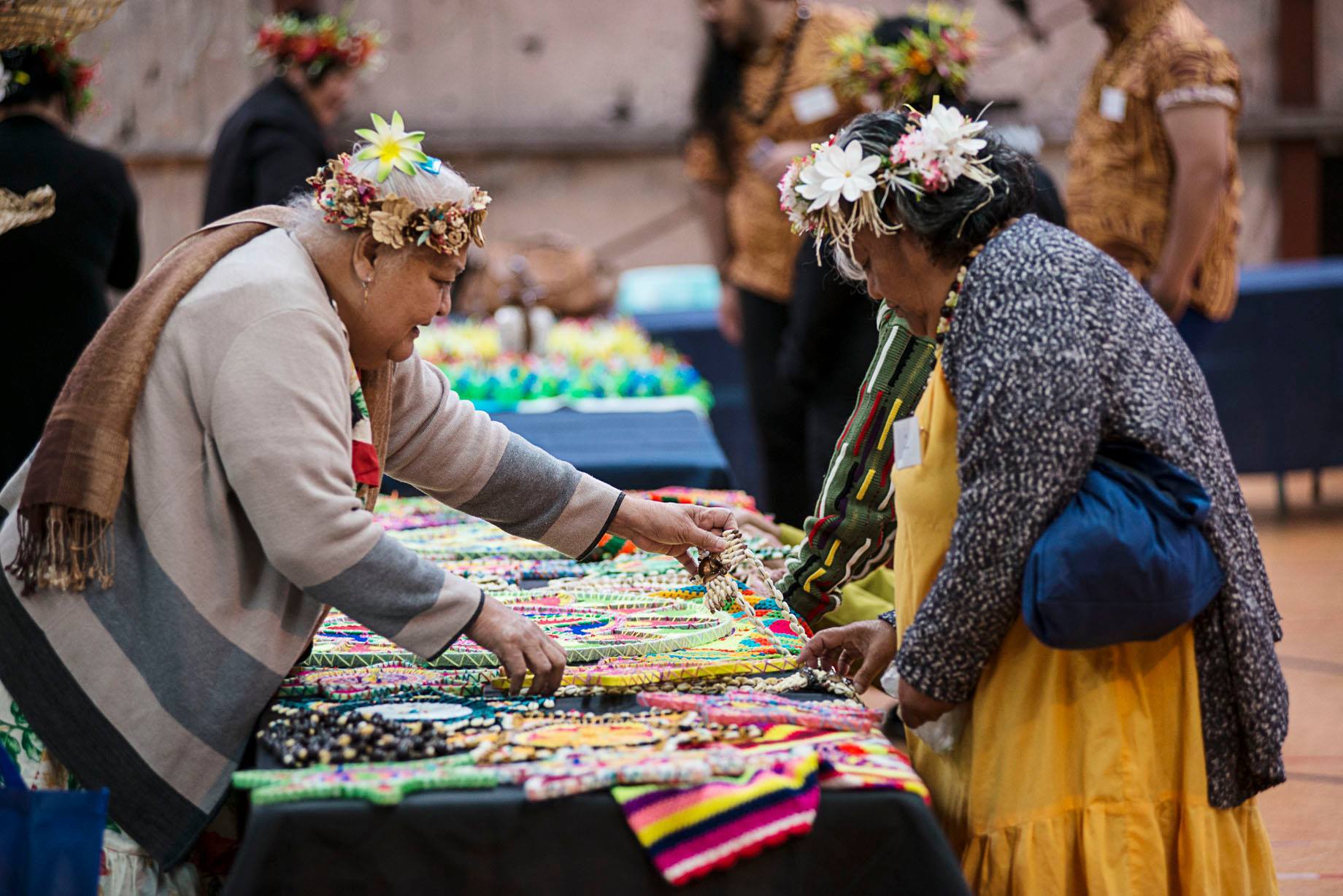
Pasifika arts practitioners at Pacific Heritage Arts Fono. Photo: Raymond Sagapolutele.
The nuances of Pasifika businesses have been PBT’s bread and butter for the last 30 years, and Faumuina feels that knowledge can make a difference now more than ever. “We are part of the Pasifika community, we understand its needs and challenges and want to help Pasifika creatives not only get back on their feet with practical steps forward but thrive with a long-term plan they may not have had in place previously.
Knowing there are those looking out for the best interests of Moana communities is reassuring for Puia-Taylor. Ensuring there’s that “Connection. Alofaaga. Understanding.”
She adds “I really feel that the support from our people working in large scale funding organisations etc means they already know what work we do.
“We don't need to prove it as hard as what we do in mainstream spaces.”
With her renowned warmth, Faumuina declares “the most important step is the first one - to start. We (PBT) are here to help and have business advisors ready to make things as straight forward for you as possible.”
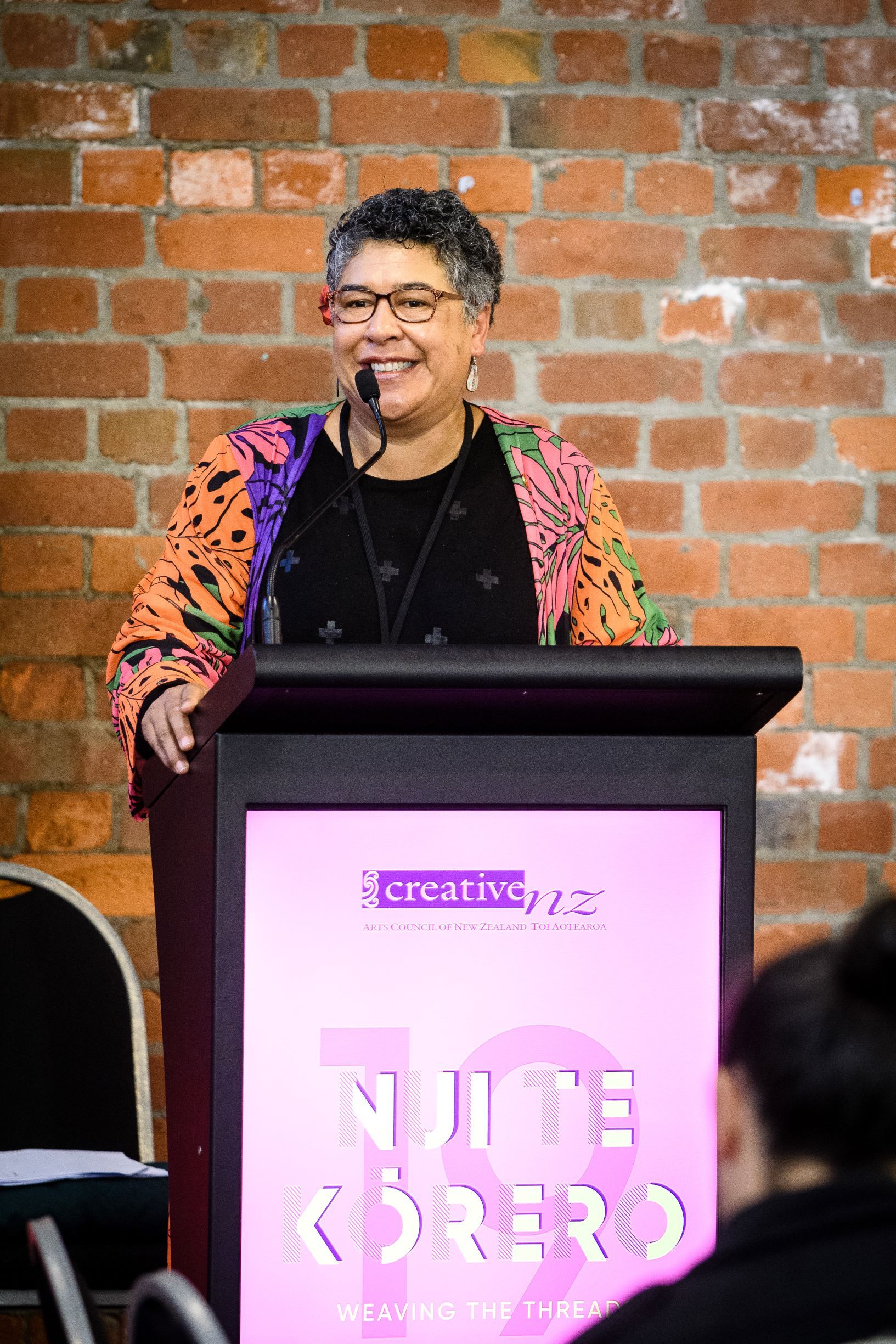
Caren Rangi at Nui te Kōrero. Photo: Mark Tantrum.
Rangi has made a career out of finding the best outcomes for organisations and offers this sage advice.
“If I put myself in their shoes, this would be the most important time ever to remind yourself of why you started this journey in the first place - and have that conversation with those who have been your greatest supporters.
“The first thing is to go back to your plan. If you didn’t have a plan, this would be the time to get one. This is the whole reason why you have a plan and a strategy. When times get tough, this is one of the anchors you back to and ask yourself ‘why am I doing this all again?’
“It’s really important you can articulate what you’re about because that's the thing that will keep you guided for the road ahead that could either be rocky or an exciting adventure.”
Funding for Creative New Zealand’s Emergency Relief Grant (for loss of income) and the Arts Continuity Grant (project funding to 30 September) closes this Friday 29 May, click here for details.
To register for free support from Pacific Business Trust, click here.
